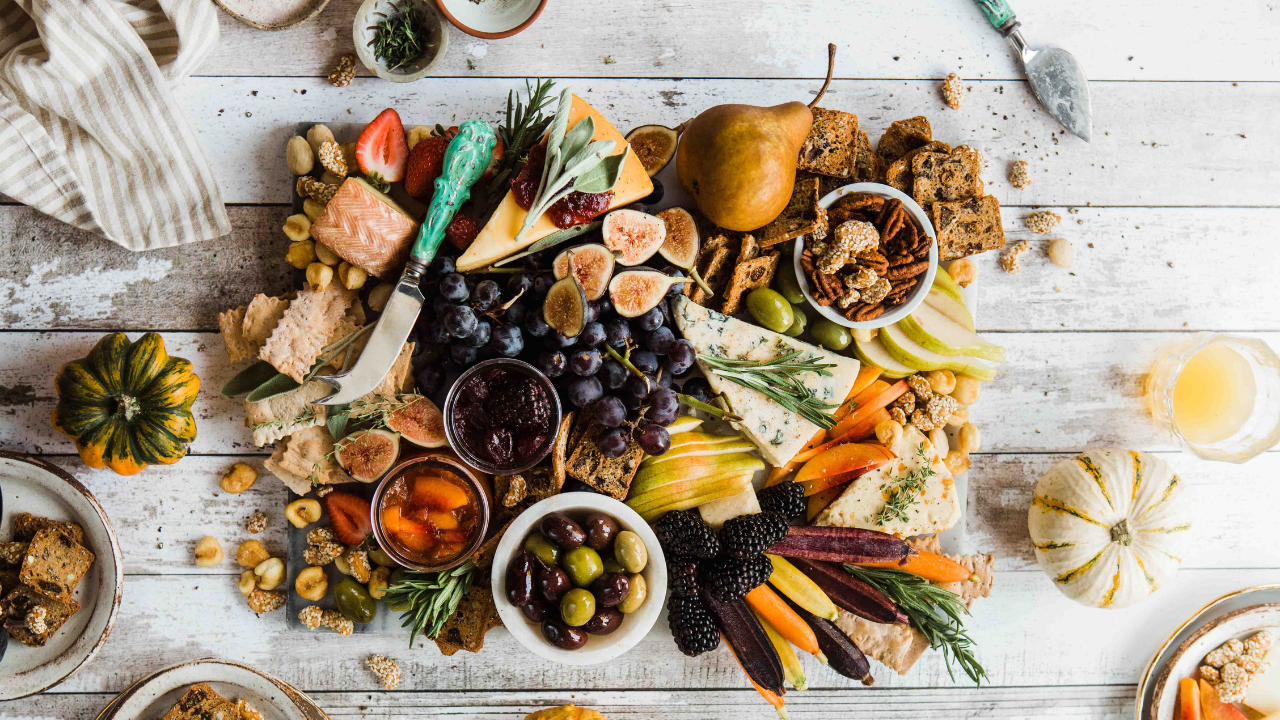What to Do with Your Darlings, aka Your Writing Leftovers

After Thanksgiving Day, my fridge is always teeming with leftovers, which, in my opinion, is one of the best parts of the season!
Constructing the perfect meal—or bite—from what didn't get eaten in the first place.
Often, that leftover meal or bite is even tastier than the original, don't you think?
It's not that different for writing.
Sometimes you hear these leftovers—those leftover precious phrases, scenes, and chapters you’ve lovingly crafted but that no longer serve your story—referred to as "darlings."
“Kill your darlings” has been a favorite phrase of writers for over a century. In his 1916 book On the Art of Writing, British writer Sir Arthur Quiller-Couch wrote:
“Whenever you feel an impulse to perpetrate a piece of exceptionally fine writing, obey it—whole-heartedly—and delete it before sending your manuscript to press. Murder your darlings.”
While I prefer to use less violent language to describe editing, the point behind “kill your darlings” remains a good one.
Cut out/trim/excise anything that does not serve your story or move it forward!
And those darlings—oh they are so hard to let go of!
Believe me, I understand. I’ve got a pile of scenes I’ve trimmed from various drafts of THE ONLY WAY THROUGH IS OUT, my memoir about coming out later in life forthcoming from the University of Wisconsin Press in February 2024.
My darlings have a new home: a folder called “Material I Could Use Later.”
The scene where my college boyfriend broke up with me in his Culver City split-level.
The scene when four-year-old me threw a tangled Slinky over the fence—and Mom got really mad.
The scene where my best friend asked me what I dreamed of becoming when I grew up and I said “A Supreme Court justice.” Man, that was one of my favorites. It almost made the cut, but alas.
I first wrote that Supreme Court justice scene when my memoir was a story about my professional ambitions, and even when the story shifted to a coming out story, I still tried to keep it in.
It was a “darling” of mine, a tender moment between the woman who I would later realize I had been in love with. But when I looked at the manuscript as a whole, this scene wasn’t necessary. I didn’t need another “tender moment.” There were plenty of those. What I needed was a scene that moved the narrative along … and this scene did not.
Any scene that does not move the narrative along needs to be cut.
Writing is about making choices.
Getting clear on what your story is REALLY about and only including material (chapters, scenes, sentences, phrases) that serve that story and aren’t just there because you happen to be attached to the writing or the particular moment.
Your darlings are important—but your story matters more.
But those scenes or vignettes we lop off from our manuscript because they simply do not serve the story or move the narrative along—don't need to be thrown in the trash.
Here's what you can do with them instead:
Good news! Your manuscript is tighter and leaner now that you’ve trimmed the excess from it. But some of that excess was DAMN GOOD WRITING—those proverbial “darlings” you’ve cut, and it feels like a DAMN SHAME to let them go to waste.
Don’t toss your leftovers. Repurpose them.
Your darlings are no longer tied to your bigger piece of writing and you have the opportunity to look at them with fresh eyes. What new meaning could you make out of a scene or vignette? Could it be reshaped or combined with another leftover to craft a personal essay?
In the past few months, I’ve done exactly that.
One of those leftovers essays—”The Subaru Should Have Been a Sign”—went viral after it was published on today.com.
I read “What Do You Owe Someone You Hurt?”—another leftovers essay—at a community celebration of my local writing group. I’m still contemplating where to pitch it for publication.
And you know what? Both of those essays were WAY better pieces of writing than the darlings in their original form.
Which maybe shouldn’t be a surprise. I’m a big fan of leftovers.
How about you?


